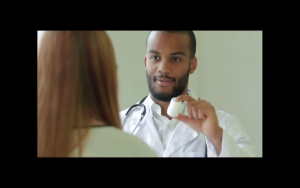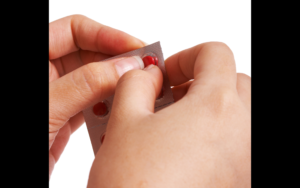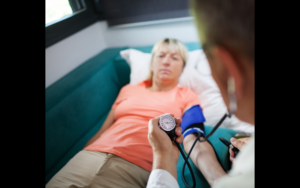What treatment should you expect to get when you get to the emergency room or doctor’s office when your blood pressure is severely elevated?

You should always notify your health care provider for guidance if your blood pressure is severe, which is a systolic (top number) blood pressure of 160 mm Hg or greater. Severe blood pressure is also a diastolic (bottom number) blood pressure of 100 or more.

If you cannot get in touch with your provider, you should go to the emergency room. If you do not have any symptoms, and you forgot to take your blood pressure medication, your provider might give you an option to immediately take your medication.

Then, relax, and retake your blood pressure in 30 minutes. Then if still severe, you should go to the emergency room.

Most people with hypertension who are 50 years old and older have an elevated systolic blood, but their diastolic blood pressure may be 80 mm Hg or less. This happens due to stiffen blood vessels.
Generally, people less than 50 years old suffer with a diastolic hypertension.
Severely high blood pressure at home or in a doctor’s office must be lowered to prevent damage to your important organs such as your brain, heart, and eyes, and others.
Of course you should expect to lower you blood pressure, but how? If your blood pressure is severe, your health care provider will do the following in no particular order:
1) Assess your blood pressure and give you a physical exam.
2) Obtain an EKG to see if your heart has been damaged by the high blood pressure
3) Blood work including chemistries to see if your kidneys are damaged
4) Urinalysis is optional to check for protein in your urine, which could mean kidney damage and determine if you need a certain type of blood pressure medication to protect your kidneys
5) Treat your blood pressure with medication and monitor your blood pressure CLOSELY to obtain blood pressure less than 140/90 mm Hg
6) 30 day prescription for a change in your blood pressure medication or an additional blood pressure medication or instructions to take your existing medications as prescribed if you had not been routinely taking your blood pressure medication
7) Recommendation to follow up with your primary care provider within 30 days.